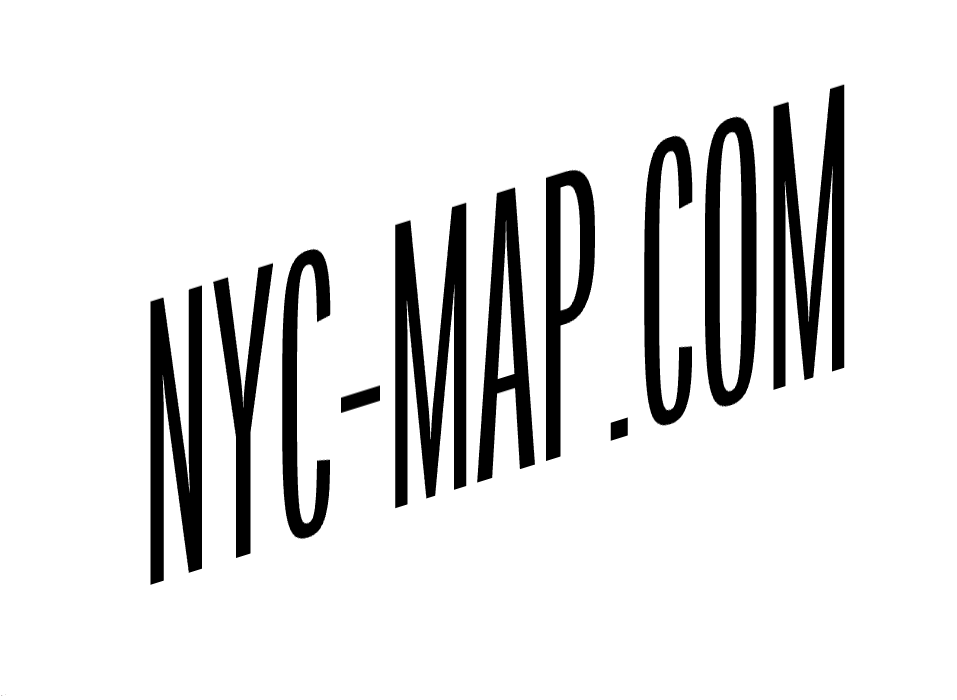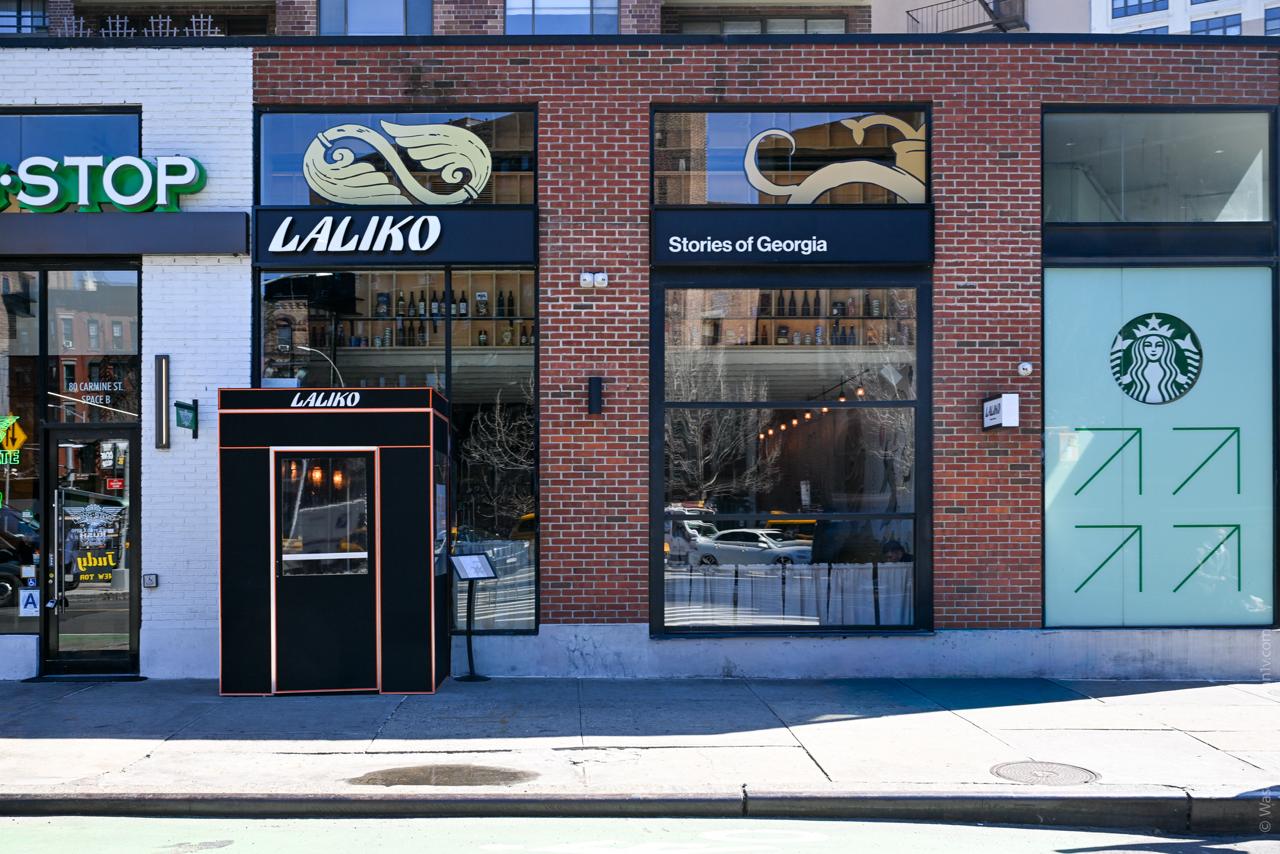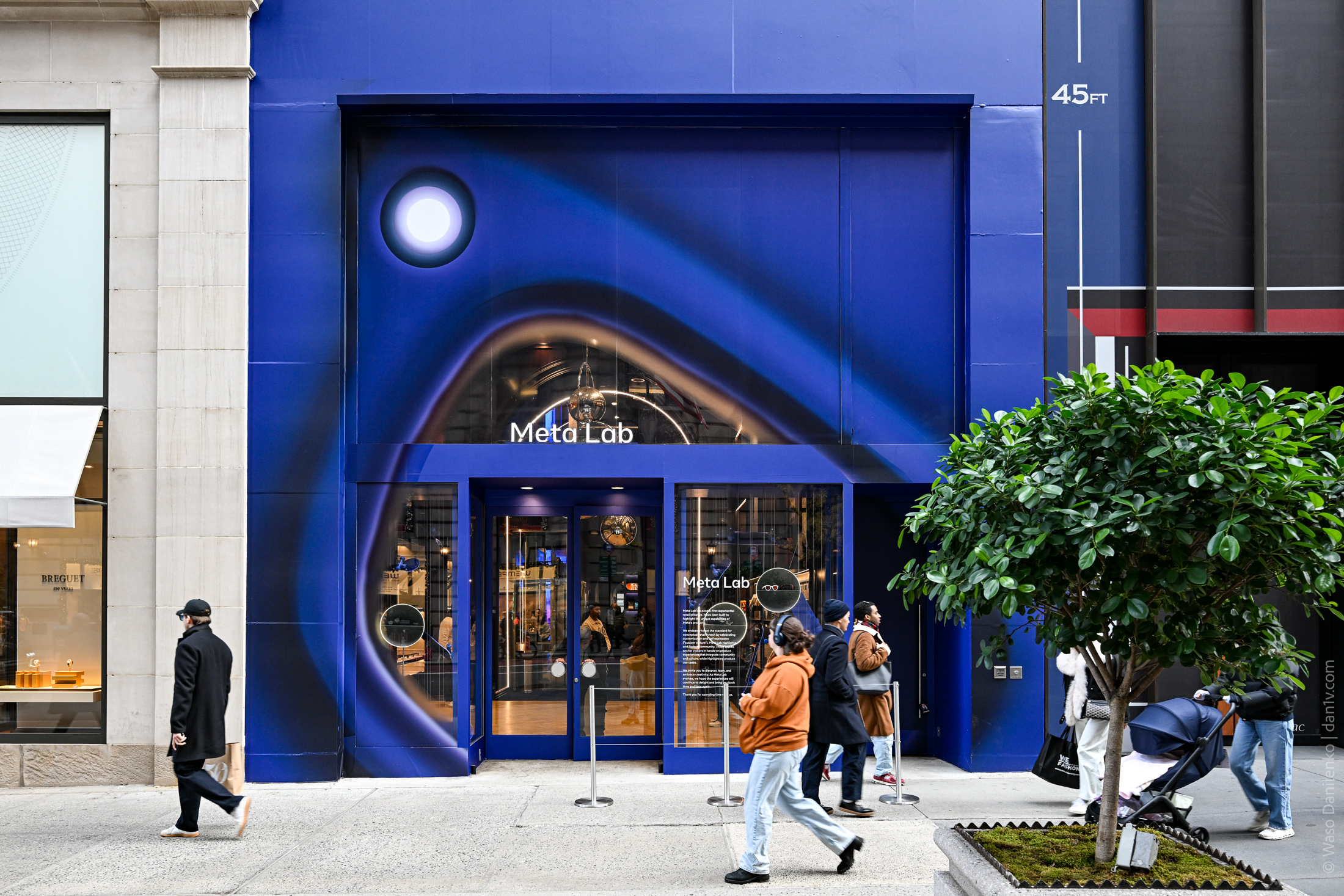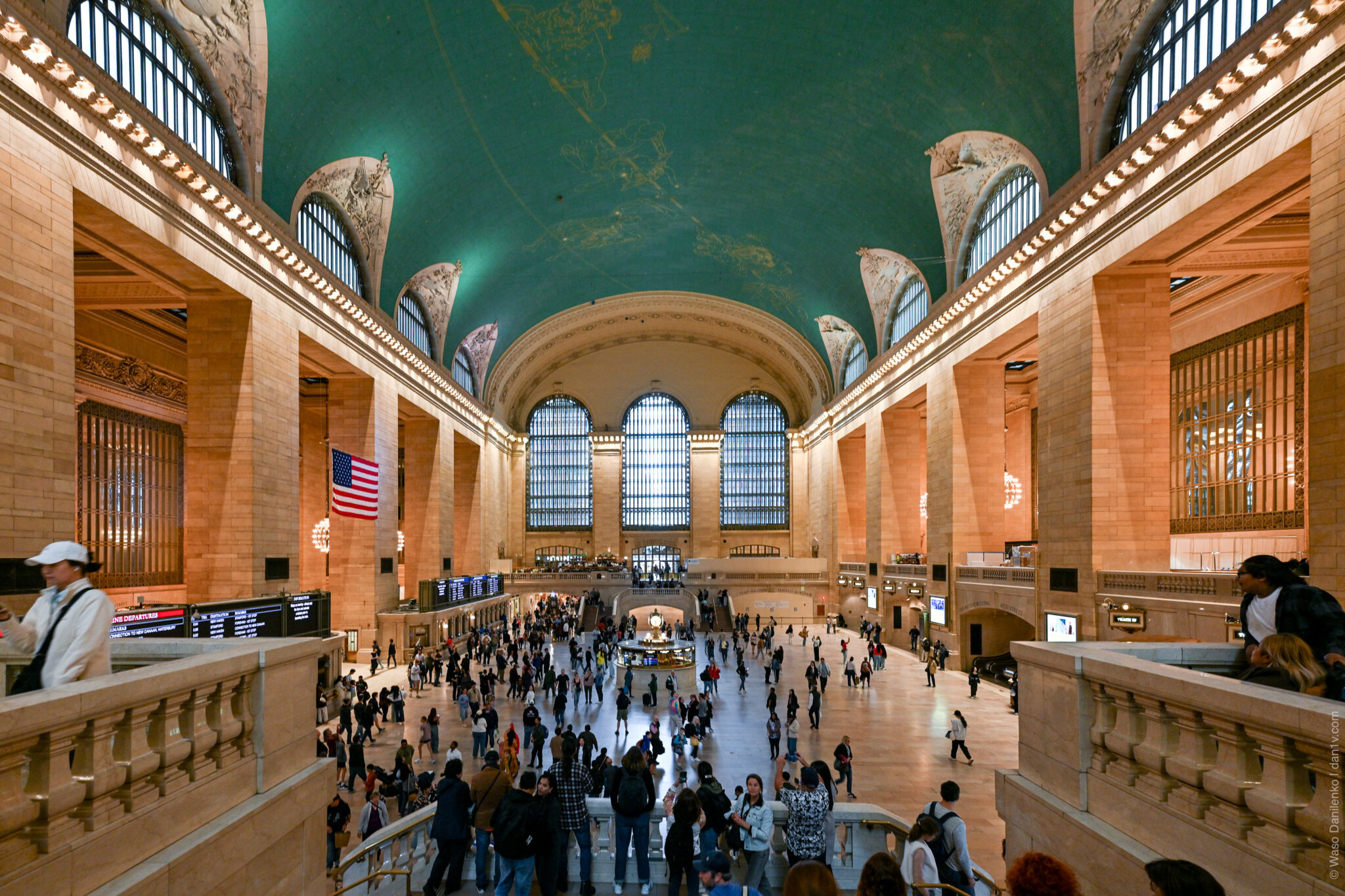Yesterday in New York, Los Angeles Apparel opened its flagship store — a story dramatic enough to deserve its own Netflix documentary.
Oops — that documentary already exists: Trainwreck: The Cult of American Apparel premiered in 2025. But let’s take it step by step.

Los Angeles Apparel is all about contemporary basics — T-shirts, hoodies, bodysuits, swimsuits and other knitwear — designed with a touch of ’90s nostalgia and a distinctly American authenticity. All of it is proudly Made in USA.


The Los Angeles Apparel brand was founded in 2016 by Dov Charney, who had previously been the founder and CEO of the iconic American brand American Apparel—and that’s where the main drama begins.

Before Los Angeles, There Was American
American Apparel (not to be confused with Los Angeles Apparel, though visually they look almost identical) at its peak was one of the largest clothing manufacturers in the United States: more than 10,000 employees, 280+ retail stores in over 20 countries (the U.S., Europe, Asia, Latin America), and a market capitalization approaching a billion.
So what could possibly go wrong? The answer lay in the very DNA of Dov Charney’s brand: people loved American Apparel not only for its quality and price, but also for its bold, hypersexual advertising:
— Instead of flawless models, real people—often company employees and their roommates
— Minimal retouching and maximum provocation, styled like “home videos”
— Shot on point-and-shoot cameras and Polaroids, low-resolution digital cameras. Often the photos looked like early dating site snapshots from MySpace or Mamba.

This mix of “provocation” and “progressive ideas” made the brand an icon for creative youth. Charney believed that “sex sells” and pushed this principle to its limit. For example, in the UK and Canada, some AA posters were banned as pornographic.
The brand’s external scandals mirrored its internal culture and Charney’s management style: accusations of employee exploitation, sex scandals, and chaotic leadership. Critics said the office felt like a mixture of business and the CEO’s personal fantasies.
In the end, in 2014 the board of directors ousted the company’s own founder and CEO, Dov Charney, who had been at the helm for nearly 30 years.
And what does a true maverick do? He flips the middle finger to his detractors and goes back to what he’d been doing for the past three decades—building the same kind of company, only this time he called it Los Angeles Apparel.
Over 90% of the equipment in his new factory was formerly the property of American Apparel, purchased by Charney during its bankruptcy: after his dismissal, American Apparel’s business, to put it mildly, went downhill, and it was sold to another industry giant—Gildan.
The location of Los Angeles Apparel’s office and factory reflects the founder’s boldness—South Central Los Angeles.
Surpassing Itself. That’s Los Angeles.
Los Angeles Apparel carries the imprint of a city where people from 140 countries speak more than 200 languages. That multicultural energy became the company’s philosophy: to push against an industry dominated by offshoring, cheap labor and disposable trends.

Every step of production — from cutting to dyeing — takes place in South Central L.A., with more than half of the yarn sourced directly from American farmers. Employees earn between $20 and $35 an hour, work in safe conditions and often remain with the company for more than a decade. This #SweatshopFree principle is the brand’s defining contrast to competitors, where labor is usually anonymous and underpaid.

Sustainability is central: nearly 100% of waste is recycled, fabrics are dyed under California’s strict environmental regulations, and leftover textiles are transformed into limited-edition upcycled pieces. Instead of chasing fast fashion, Los Angeles Apparel promotes the idea of slow basics — garments meant to last for years and remain timeless.

On the global stage, the brand embraces free trade, but insists on proving that clothing made in the U.S. can be competitive, sustainable and ethical. Unlike most of the industry, Los Angeles Apparel builds business on principles rather than compromises — and that has become its greatest strength.

Hero Product: The 1801 Tee
The 1801 T-shirt is the cornerstone of the collection: a 6.5 oz heavyweight cotton tee with a high neckline, relaxed fit and garment-dyed finish that gives it a vintage look. It’s available in a wide spectrum of colors — from neutrals to brights and neons — with more than 40 styles of basics

Human Tags
Los Angeles Apparel takes transparency literally: many garments feature photos and short bios of the very workers who made them, printed directly on the care labels. One tag tells the story of Santos — “a multitasker who loves drawing with his three daughters”; another introduces Diego — “an experienced sewer who swears by his mom’s enchiladas and roots for the Dodgers.” Each ends with the line: “That’s Los Angeles.”


Dov Charney runs his Instagram (@dovcharney_losangeles) like a visual diary of Los Angeles life. Instead of polished branding, he shares candid city scenes: street signs, architectural fragments, impromptu moments, faded storefronts. As someone who has been following this account for a long time, I’m really glad to see its photos used as part of the store’s design.

Los Angeles Apparel can be congratulated on the opening of its first store in SoHo: a brand risen from the ruins of American Apparel, now testing in 2025 whether the old formula—“Made in Los Angeles,” minimalism plus provocation—can still work in an industry that long ago stopped believing in manifestos.
📍 Address: 480 Broadway, New York, NY 10013 (between Broome and Grand Streets)
📞 Phone: +1 (646) 568-4585
🕙 Hours: Monday–Thursday & Sunday, 10 a.m.–8 p.m.; Friday–Saturday, 10 a.m.–8:30 p.m.















This new space is more than just a retail location. It marks the company’s second store overall, following the original Factory Store at its South Central Los Angeles headquarters. Choosing SoHo is symbolic: surrounded by global giants like Zara, Madewell, Bloomingdale’s, and Brandy Melville, Los Angeles Apparel positions itself as a direct alternative to fast fashion — offering basics made locally, ethically, and sustainably.







